Flight Attendants have all sorts of secrets including how they pack, what they eat, and they even have their own language.
Try listening in on your next flight and pick up on some of these key terms and phrases used by flight attendants and pilots.
• Bidding
Bidding is the monthly process in which a flight attendant submits their preferences in terms of their schedule. Flight Attendants can select specific trips they want, positions they like, and even days they would like off. Bidding is based on seniority within the company.
• Deadhead
The term “deadhead” is a bit odd since it had nothing to do with the actual meaning. In the airline industry, deadhead means to simply fly as a passenger for operational needs. If the airline needs you to be at a different airport, they will fly you to that airport to work a specific flight.
• Galley
The galley is also known as an airplane kitchen. The galley is where the flight attendants prepare the beverages and food for the flight.
• Miracle Flight /Jet Bridge Jesus
These are terms used for when elderly people need a wheelchair to board the plane but somehow they miraculously leave the aircraft without a wheelchair. Sadly, sometimes people abuse the system and use a wheelchair to board first and then just run off once landed.
• Crash Pad
A crash pad is a place that flight attendants use to sleep. Typically, several flight attendants could be sleeping in the same room with several beds lined up. A hot bed is when you pay just to use the bed for the night and a cold bed is when you have a permanent bed. Flight attendants use crash pads for when they do not live at their base.
• “Please prepare for departure/arrival”
The lead flight attendant usually makes this announcement once the boarding door has closed or before it is opened. This signals the other flight attendants to arm or disarm their doors. The doors are equipped with evacuation slides that will only work if the door is armed. Doors must always be armed before the plane leaves and disarmed before the door is opened.
• Cross- Check
Once the doors have been armed or disarmed, usually you will hear or see the flight attendants confirming that each door is indeed armed or disarmed. This is an important part in ensuring the safety of everyone on board and those opening the doors.
• Bulkhead
The bulkhead is the wall that divides the aircraft and is usually found in front of the first row. Usually the lavatory and the galley are located on the other side of the bulkhead. Sometimes this gives the passengers extra leg room but they must stow their bags since items can not block the emergency exit.
• Jump Seat
This term refers to the seat that flight attendants take during take off, landing, and turbulence. The jump seat will fold right up once the flight attendant stands.
• Redeye
Redeye is a term that simply means an overnight flight. This is basically the graveyard shift but up in the friendly skies. Some flight attendants struggles with these late hours while others enjoy it because most of the people are sleeping.
• Chimes
Listen for various chimes throughout your next flight and try to guess what they mean! There are high chimes, low chimes, and colored buttons typically in the ceiling that represents certain things. While it depends on the aircraft and airline, some lights and chimes go off when a passenger presses the call button, when the pilots call, when there is an emergency, when there is a problem in the lavatory, or when the flight attendants need to chat to one another.



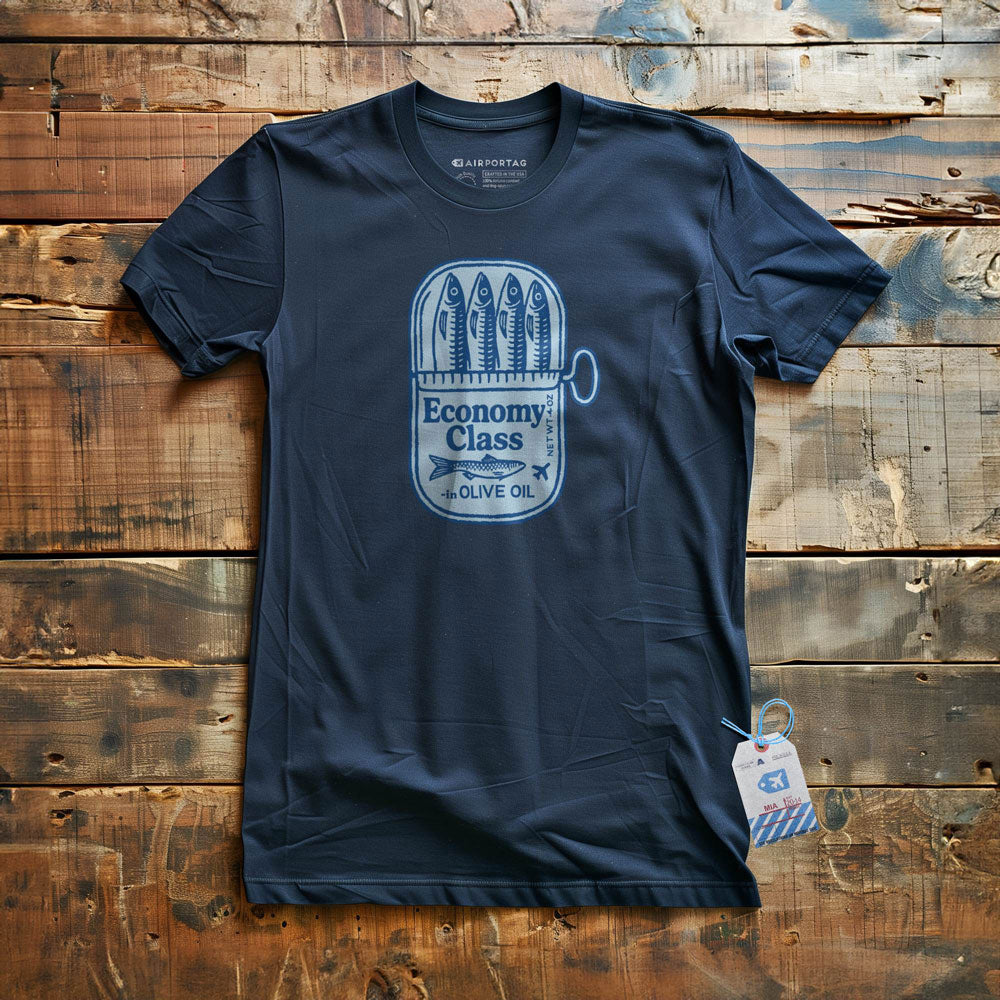

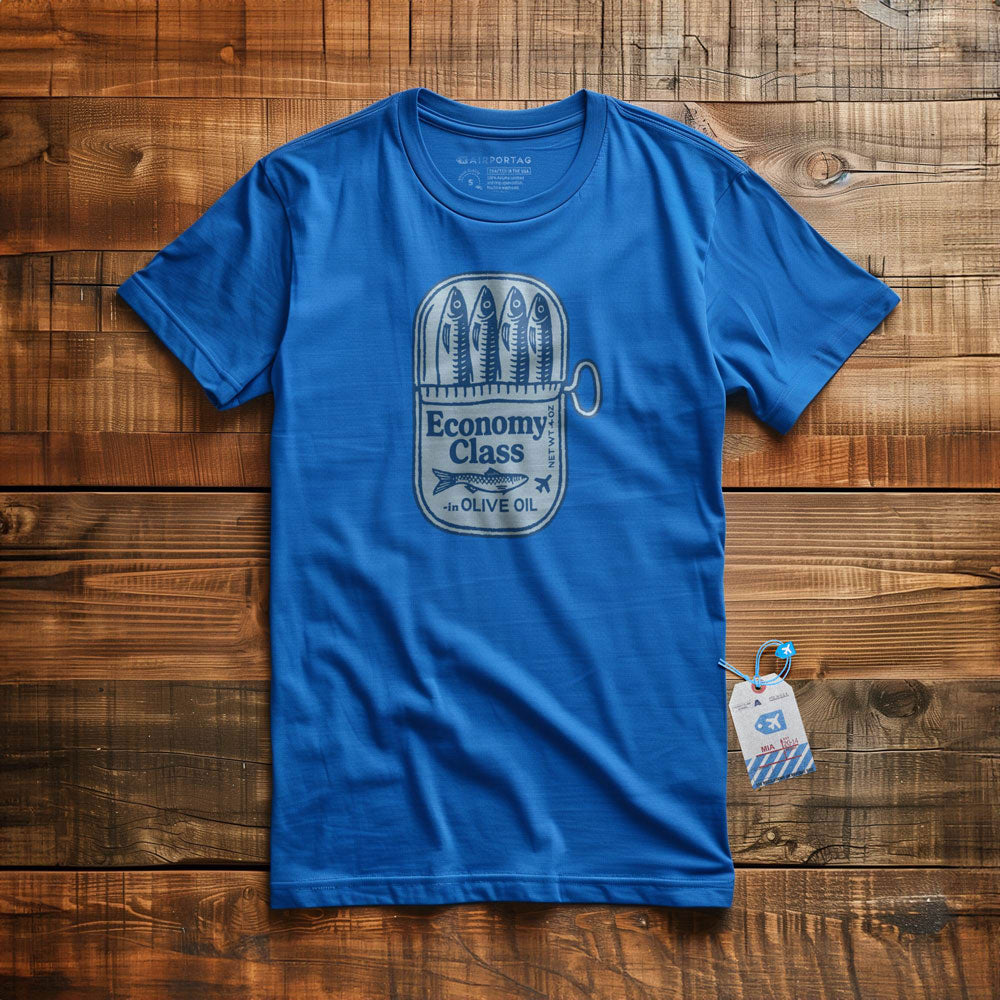
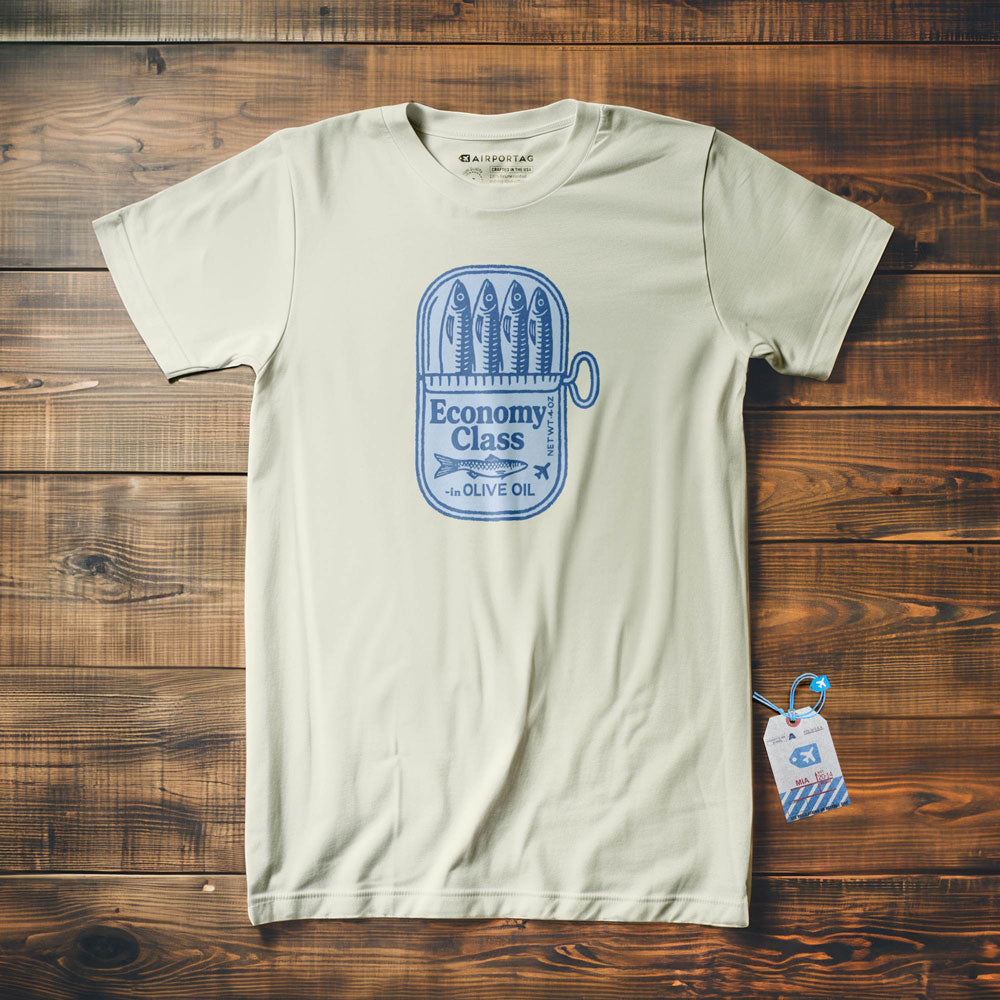
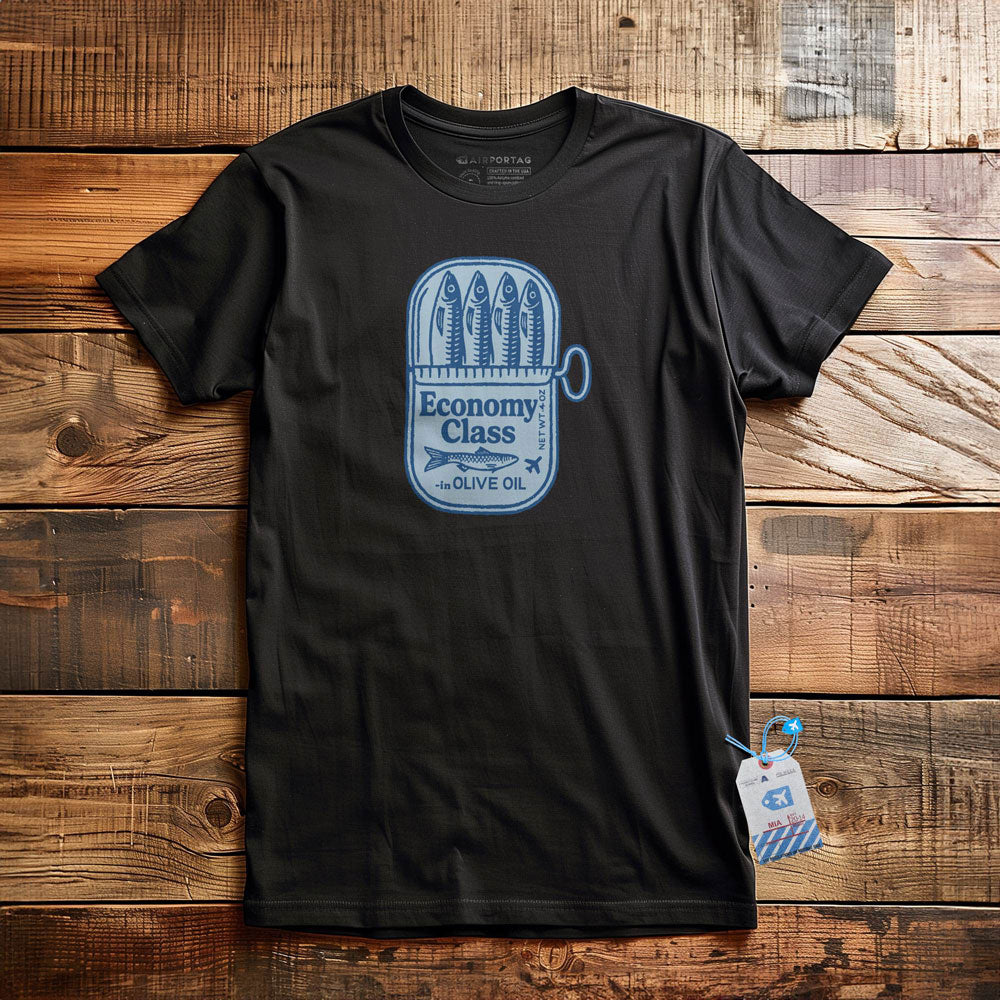
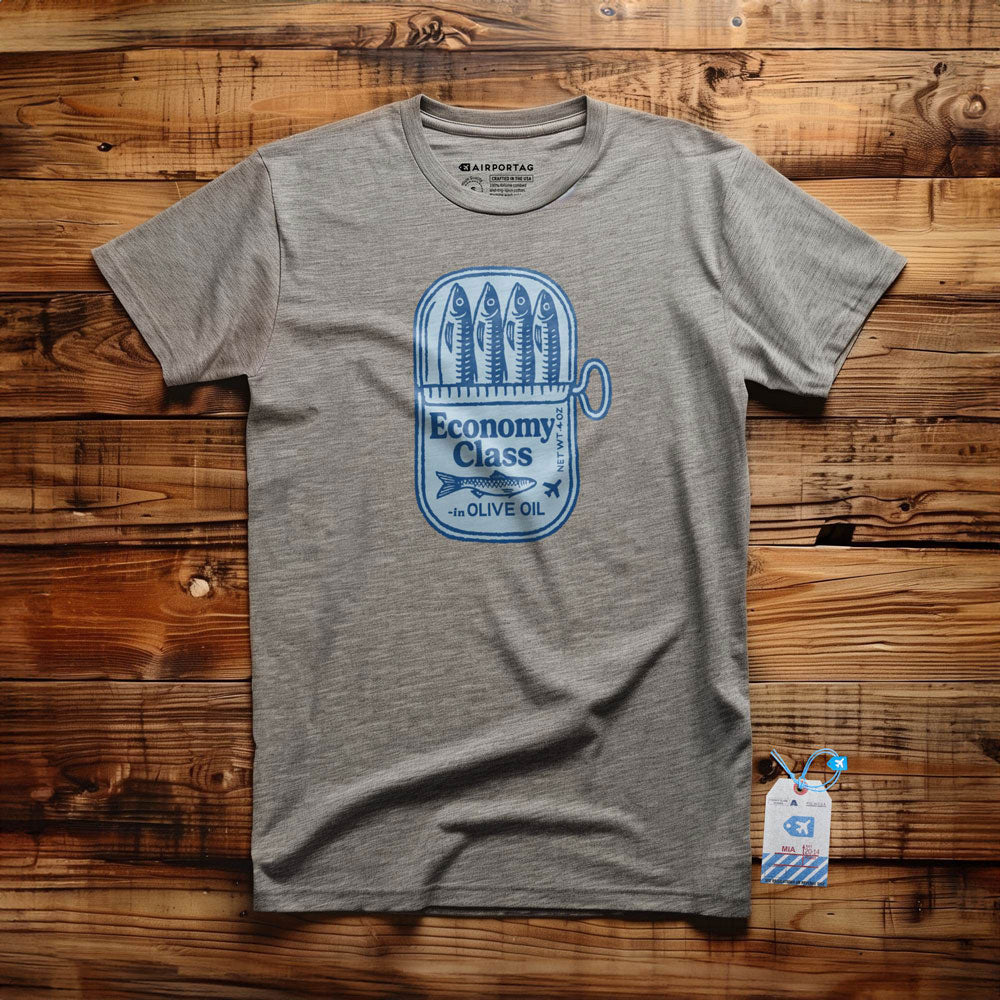
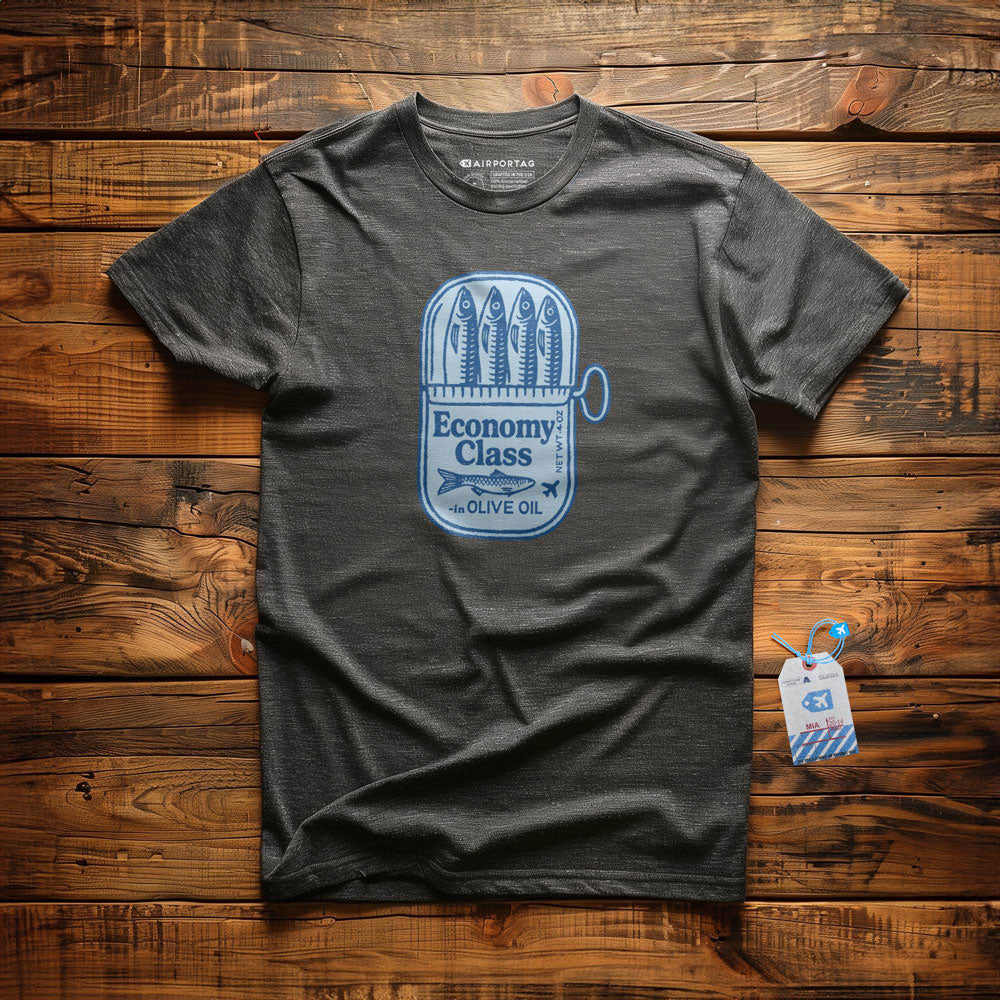
Leave a comment
All comments are moderated before being published.
This site is protected by hCaptcha and the hCaptcha Privacy Policy and Terms of Service apply.